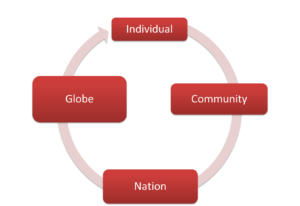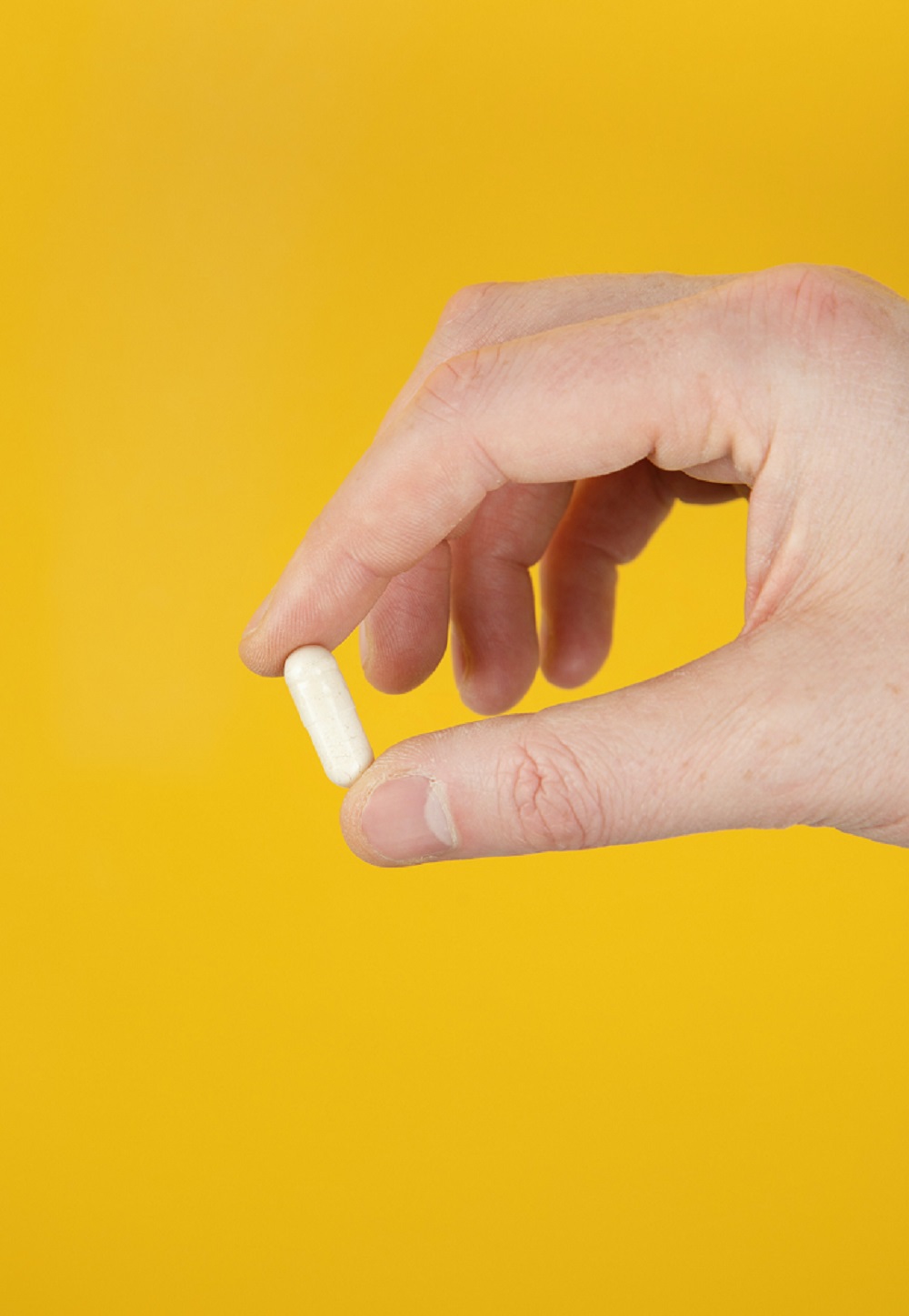The “Next Normal” of Indian Nutraceutical Industry
Indian Nutraceutical market is about to reach USD 10 Bn, which is 2% of Global Nutraceutical market pegged at USD 388 Bn. Even with such a small percentage, the Domestic market is poised to witness a substantial growth when consumer is moving towards pathy-agnostic attitude and increasing demand of preventive medicines. This shift will stimulate the demand for nutraceuticals containing products in near future.
The pandemic has also been the foundation stone and there has been a positive impact of COVID-19 on this industry. The Nutrition Business Journal 2020 predicted the sales of immunity supplements will spike over 25% in 2020 from 8.5% growth of 2019.
Although Indian Nutraceuticals finds its root in Ayurveda, it has not been leveraged its potential in this marketplace.
India, to be a Nutraceutical hub and to explore the opportunities for expansion, the promise should be made with science based products, end-to-end supply chain capability and reformations in regulations.
Consumer Demand:
In India 150 mn people are consuming various Nutraceutical products. Pandemic situation has brought more focus and acceptance towards Nutraceuticals. The “next normal” way of living with preventive medicines will be one of the driving factors which will accelerate a growth rate up to 30%-50% higher than pre-pandemic times.
Regulatory Reforms:
The pandemic is also the foundation stone of the start of regulatory reforms in terms of responsible nutrition, bursting invalid claims as well as bringing up awareness by conducting training programs like FoSTaC (Food Safety Training and Certification). FSSAI (Food Safety and Standards Authority of India) now is non-negotiable terms on clinical evaluation of products, safety, efficacy and compliance with RDA.
Digital Transformation:
India being a youthful nation always attracted many marketeers. Likewise one of the lucrative markets is “e-Commerce”. From ordering e-pharmacies to having affinity towards digital entertainment platforms like Netflix, Indian population has always shown higher acceptance towards makeover with Digital solutions. And “e-Commerce in Nutra Space” is also not an exception. Pandemic has changed the market dynamics completely. e-Commerce has seen multi-fold surge. Yet, “Products with Trust” remains an issue with spurious brands.
Ensuring Supply Chain:
India to be a Nutraceuticals hub should ensure end-to-end supply chain capability. It is possible only when Pharma – Nutrition scenario gets built up. Automatically, the supply chain issue gets transformed and smooth supplies would flow.
With existing knowledge and available resources, existing players will have to expand via backward or forward integration. Increasing the raw material output by expanding cropping region, continuous availability of labour, adopting technology and being innovative will together develop an integrated model that will make Indian Nutraceutical industry grow.
Technology Convergence:
Adoption of newer technologies such as “Block-chain” will enable tracking the journey of ingredient/formulation from “farm to capsule”. This will ensure timely delivery of product and sufficiency of active ingredients. Even few of the AI (Artificial Intelligence) tools can be used to create an awareness to find out deficiencies in micro-nutrients.
Towards a Brighter Future:
Correlation between health and nutrition was a breakthrough for Nutraceutical industry. This science has given an impetus to the belief that it can provide preventive measures and reduce the risk associated with certain diseases.
With the evidence based approach Nutraceutical stakeholders are acquiring new scientific ways to educate consumers by sharing detailed information about the product and its benefits. Also, with newer technology, industry players are working towards improving quality standards of the product, enhancing transparency and giving competitive pricing.
In terms of Indian Nutraceutical regulations, if we can match with International standards then foreign investment and entry of new players will double the valuation in multi-folds.
Thus, with trust in products, Nutraceuticals are set to become a common part of Indian households in the near future!
Source:
- Nutraceuticals in India: A game changing opportunity in the healthcare and food industry.
- Nutraceuticals: From Alternative to Mainstream.










